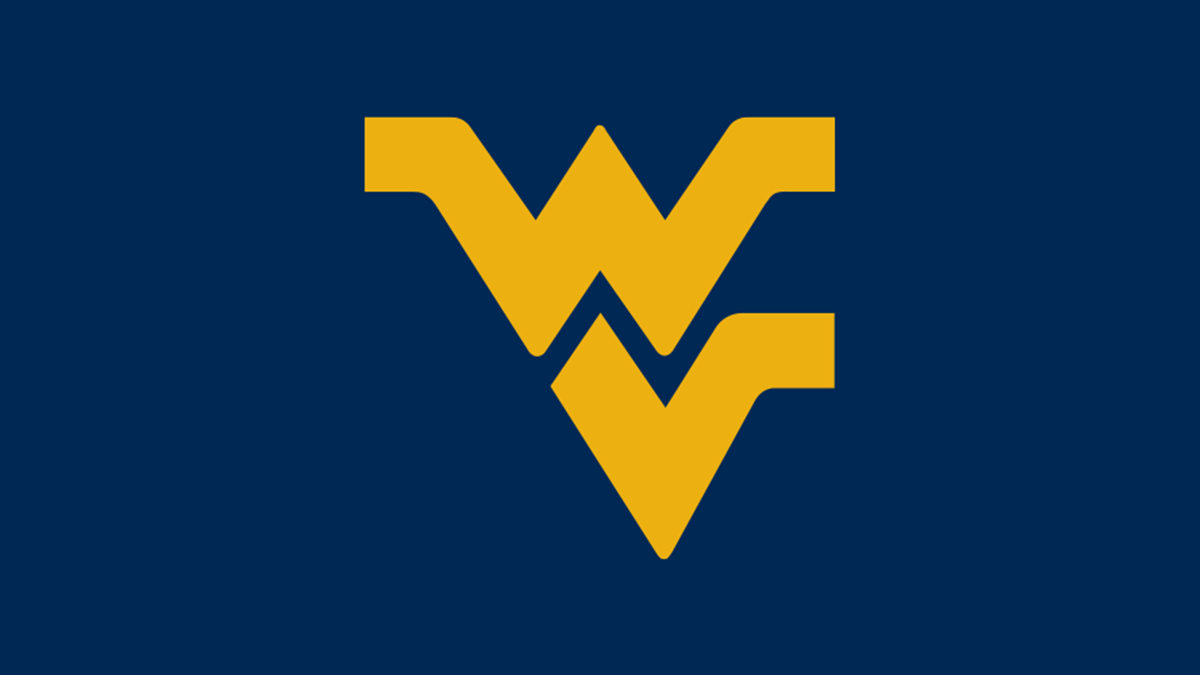
Guidance on Illness Reporting Procedures for COVID-19
With the influx of individuals returning to campus over the next few weeks, guidance has been issued regarding what to do if students, faculty or staff feel ill or believe they may have been exposed to someone with COVID-19.

Behind the mask with a WVU doctor: What to wear and whether face coverings should be mandated
“To mask or to not mask” is no longer the primary question dominating the COVID-19 public discourse. As states reopen amid the pandemic, the question now is, “Should face coverings be required in public?”

Be prepared: Portal and most WVU applications will be offline May 22-24
Portal, MAP, eCampus, STAR and most other WVU services will be unavailable from 8 p.m. Friday, May 22 through noon on Sunday, May 24 while electrical equipment is replaced in the One Waterfront Place Data Center. During this time, faculty, staff and students also will be unable to log into any system requiring WVU Login credentials and Duo two-factor authentication. Passwords cannot be changed, and Duo bypass codes cannot be generated at login.wvu.edu.

‘I thought I could wait this out’: Fearing coronavirus, patients are delaying hospital visits, putting health and lives at risk
“Where have all the patients gone?” That’s what doctors in our West Virginia University hospitals began asking as the coronavirus pandemic spread.

Credit and non-credit options now available for online course on COVID-19 contact tracing
Launched earlier this month, this course aims to train a ready pool of public health investigators in West Virginia. Now available as both a free, non-credit course for volunteers and as a credit bearing course for students, all participants who complete the training are required to assist with contact tracing efforts as needed throughout the COVID-19 public health crisis.

COVID-19 update topic of community seminar
The seminar titled COVID-19 Update will air on May 19 at 7 p.m. on the WVU Medicine East Facebook page. Matthew Simmons, M.D., infectious disease specialist with WVU Medicine East, will offer the latest information on COVID-19 as he continues to work closely with local, state and federal authorities to monitor the outbreak.

COVID-19 Testing and Campus Update
As the University begins to increase some on-campus research and clinical activities, particularly at the Health Sciences Center, it is important to remember that current COVID-19 testing capacity remains limited and that social distancing recommendations are still in place.

Fundraising initiative targets emergency scholarship dollars for WVU students in need
A special fundraising initiative launched this week urges West Virginia University alumni, donors and friends to help boost emergency unrestricted scholarship support for students facing unprecedented need due to the COVID-19 pandemic.

WVU to hold online commencement ceremonies Saturday
While West Virginia University’s 4,500-member Class of 2020 will graduate in various states and countries instead of Morgantown and in one ceremony instead of more than a dozen, graduates will be connected to each other and to Mountaineers around the world in WVU’s first virtual commencement ceremony.

Special day of giving brings in $500K to help WVU students hurt by COVID-19
The WVU Foundation organized the local 24-hour online fundraising event as part of an effort sponsored by GivingTuesday, a global generosity movement. Hundreds of charities and nonprofits took part around the world.




